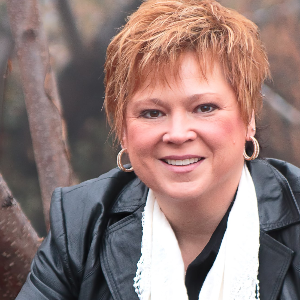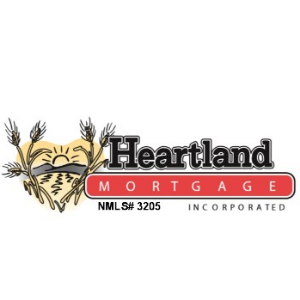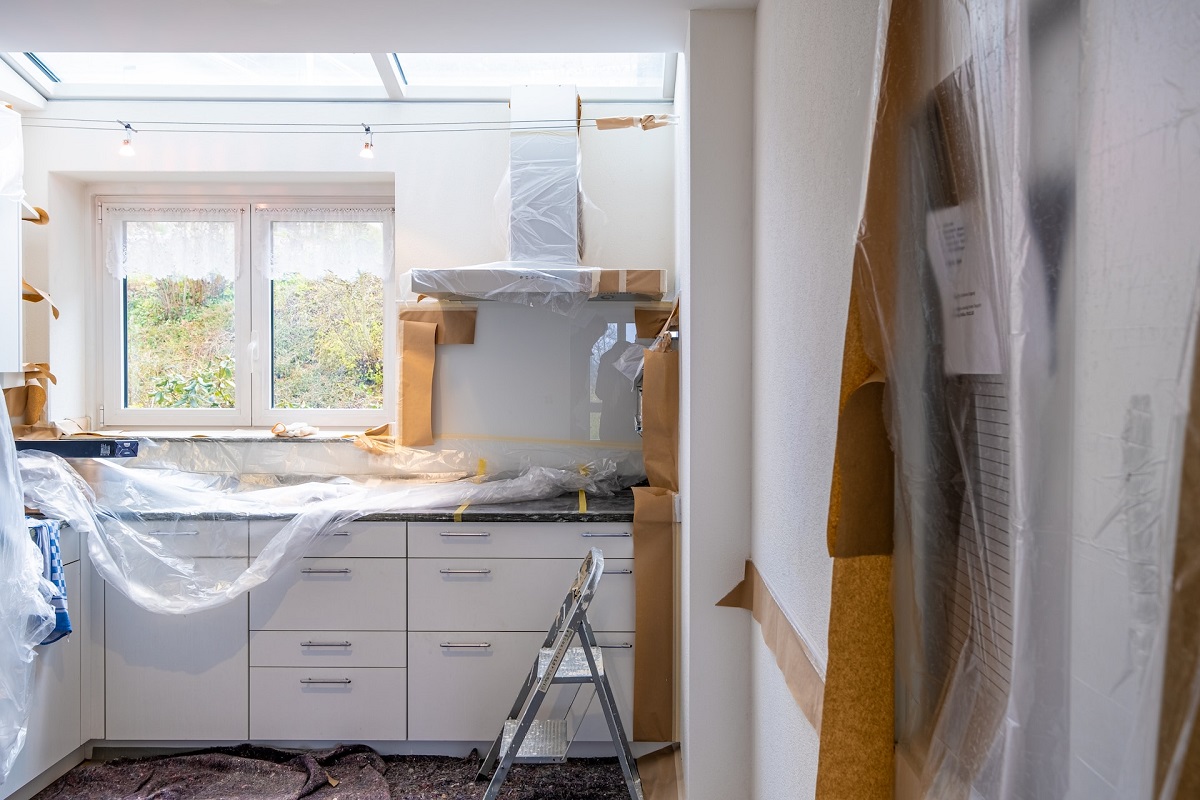
Pay Attention and Cut Your Heating Bills
___
Published Date 1/23/2024
Energy savings is not just a buzzword anymore. It’s serious business. While you know you can simply turn your thermostat down to the 50s or 60s and wear a sweater all winter long in your own home, how do you know which tips to up your energy efficiency are going to offer the most bang for your buck?
Realtor.com’s Patricia-Anne Tom says some tips cost you absolutely nothing, and yet you save money. “Other tips will cost you a little, but can help you hold onto as much as 10% of the money you’re currently paying out of pocket.”
Okay, so you thought the idea of reprogramming your thermostat to a lower temp was silly? In the end, Tom says this energy-saving tip costs you nothing but time. “Set your thermostat as low as is comfortable in the winter. For each degree you raise your thermostat setting, your fuel bill climbs 3%.” And don’t forget to set it to a lower temperature during the hours you are away from home, either. You can have it crank itself up to a warmer temp about 30 minutes before you arrive home — just in time to change into those cozy sweats.
So you’ve heard changing your furnace filters was a great routine maintenance habit, but don’t forget about warm-air registers, baseboard heaters, and radiators—ensuring that they are clean and not blocked by debris or trapped air.
“If you’re not sure how to bleed trapped air from a hot-water heat radiator or flush the water heater, call a professional. They also can perform a routine check of your central heating/cooling duct system for leaks,” says Tom. “A simple task like cleaning equipment and ensuring it’s not leaking or obstructed by furniture, carpet, or drapes can improve your system’s energy efficiency by 10% while extending the life of your equipment.”
It may look funny, but wrapping insulation around pipes and your water heater can help minimize heat loss as water runs from the water heater to your faucets. “By adding insulation, you won’t have to wait as long for hot water, you will conserve water, and you can save up to 10% of your total energy costs,” says Tom. “Just be sure to leave the air intake vent uncovered on the water heater.”
If you’ve ever been to London and used the Underground, you’ll remember signs everywhere that say “Mind the gap!” Of course, they mean to look down when entering the train so you don’t fall through the crack. Well, mind the gap with your heating as well. “It’s foolish to spend money heating your home if the warm air can escape. Caulk and weather-strip around exterior seams, cracks, and openings. Pay extra attention around windows and at points where various exterior materials like wood, brick, and vinyl siding meet,” says Tom. She goes on to suggest caulking and weather-stripping around windows and door frames on the inside of your home as well, to cut down on drafts. And a draft guard along the bottom of an exterior door can also help prevent heat from escaping. Don’t forget to close the damper on your chimney as well. Air sealing and properly insulating the attics, walls, floors over crawl spaces, and accessible basement rim joists can save up to 10% of total energy costs.
Sometimes an investment in your energy future is a very wise thing. Such is the case with replacing old windows with high-efficiency Energy Star double-pane windows with protective coatings that reflect heat back into your home during winter. “This can reduce your heating and cooling costs by up to 15%,” says Tom. She adds that if such a retrofit is not in your budget, cover your windows with clear plastic film — at a typical cost of $4 to $6 per window. The film creates an insulating air pocket between the plastic and the window, reducing heat loss through windows.
Tom advises to keep the humidity level in your home between 30% and 60% and in rooms where you have a ceiling fan, reverse the direction so that they move clockwise and push hot air near the ceiling toward the floor.
Can you take one more tip? When it’s cold outside, keep drapes and shades on your south-facing windows open during the day to allow sunlight to enter your home, and then you can close them at night to reduce the chill you may feel from cold windows.
Realtor, TBWS
All information furnished has been forwarded to you and is provided by thetbwsgroup only for informational purposes. Forecasting shall be considered as events which may be expected but not guaranteed. Neither the forwarding party and/or company nor thetbwsgroup assume any responsibility to any person who relies on information or forecasting contained in this report and disclaims all liability in respect to decisions or actions, or lack thereof based on any or all of the contents of this report.
This communication (including attachments) is for information purposes only. It is not an offer, solicitation, recommendation, or commitment for any transaction or as a confirmation of any transaction. Bobbie Jo Haggard, NMLS #92472; Heartland Mortgage Inc, NMLS #3205; Office: (509) 529-3280; Licensed to business in Washington & Oregon; NMLS CONSUMER ACCESS WEBSITE: HTTPS://www.NMLSConsumerAccess.org


Bobbie Jo Haggard
Loan Officer / Mortgage Specialist
NMLS: #92472 - Washington & Oregon
Heartland Mortgage Inc.
30 S Palouse Street, Walla Walla WA 99362
Company NMLS: #3205
Office: 509-301-1661
Cell: 509-301-1661

Bobbie Jo Haggard
___
Loan Officer / Mortgage Specialist
NMLS: #92472 - Washington & Oregon
Cell: 509-301-1661
Last articles
___

The chicken or the egg? Buy or build?
11/8/2024
The decision to buy or build a home has become increasingly complex in today's m... view more

When Your Neighbor's Mess Becomes Your Problem
11/6/2024
Curb appeal plays a crucial role when selling a home, with messy neighbors poten... view more

Housing Market Shift: Listings Soar to Pre-Pandemic Levels
11/4/2024
Even if home prices have not fallen, it might be good to know that you’ve got mo... view more

Doctor's kitchen warning soaks up controversy
11/1/2024
A medical professional's viral warning about a common kitchen item has sparked h... view more

Warming up your winter home listing when the market runs cold
10/30/2024
Seems like a no-brainer to get a home ready to list when the weather is fine, th... view more

Someone’s here: Homeowners who live with poltergeists
10/28/2024
When northern California homeowner...... view more

Kissing your mortgage goodbye: The truth about early payoff
10/25/2024
Did you know that in Scotland, a house with a red door signifies the owner has p... view more

Home sweet home improvement: Americans are nesting in place
10/21/2024
While we aren’t caught up in the remodeling frenzy that took place during the...... view more
Load more
 Heartland Mortgage Inc.
Heartland Mortgage Inc.






















